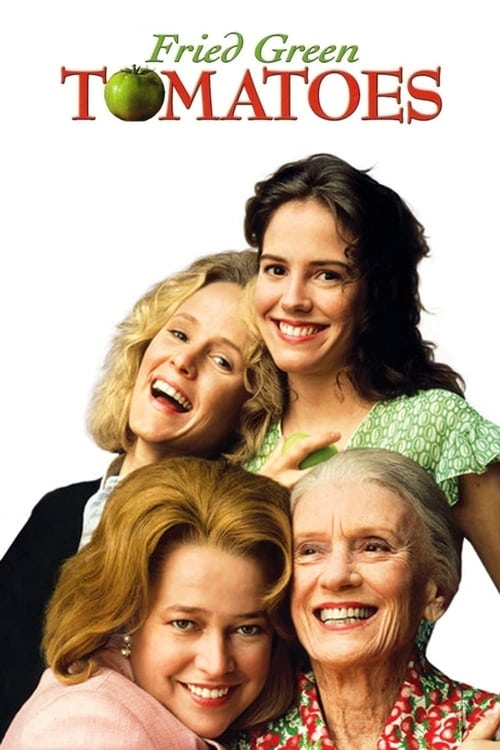
"Evelyn" (Kathy Bates) and her husband "Ed" (Gailard Sartain) are going through the motions in their marriage. They've long stopped making any effort for each other and she is a bit fed up. It's when she is visiting a friend at an old folk's home that she encounters the frail but spritely "Ninny" (Jessica Tandy) and they get chatting. The older lady starts to regale her with stories of her younger wife in rural Alabama and of her sister-in-law "Idgie" (Mary Stuart Masterson). Over the next couple of weeks and months "Evelyn" becomes addicted to hearing the stories, as do we, of racial and sexual inequality, iniquity and joy as this small subsistence community slowly and sometimes brutally evolves. The effects of this retrospective are quite profound on the younger lady who starts to feel empowered by what she's hearing. Her confidence grows - even if her insurance premiums start to go up - and she begins to take steps to improve her domestic situation. The photography and the engagingly crafted script illustrate quite powerfully and affectionately the struggles of just about everyone in a 1920s where racism and bigotry were never far away; the KKK travelled thrived unfettered and any sort of inter-racial relationship was downright dangerous. There are also strong contributions from Mary-Louise Parker as the upstanding, preacher's daughter, "Ruth" and from Stan Shaw as "Big George" as the thrust of inspiration in the face of adversity is transferred onto life in the 1990s. Tandy and Bates prove the perfect pairing as they mix the good and the bad, the happy and the sad and a fair degree of good old fashioned common sense and stoicism to create rounded and plausible characters, a degree of nostalgia and loads of mischief. It is slightly rose-tinted, but it's still well worth a look see an ensemble cast at it's best.